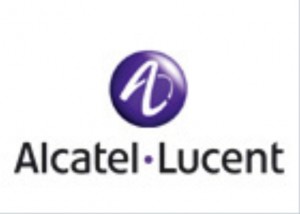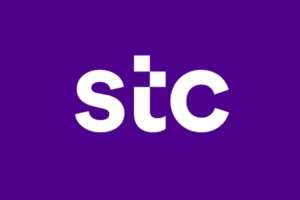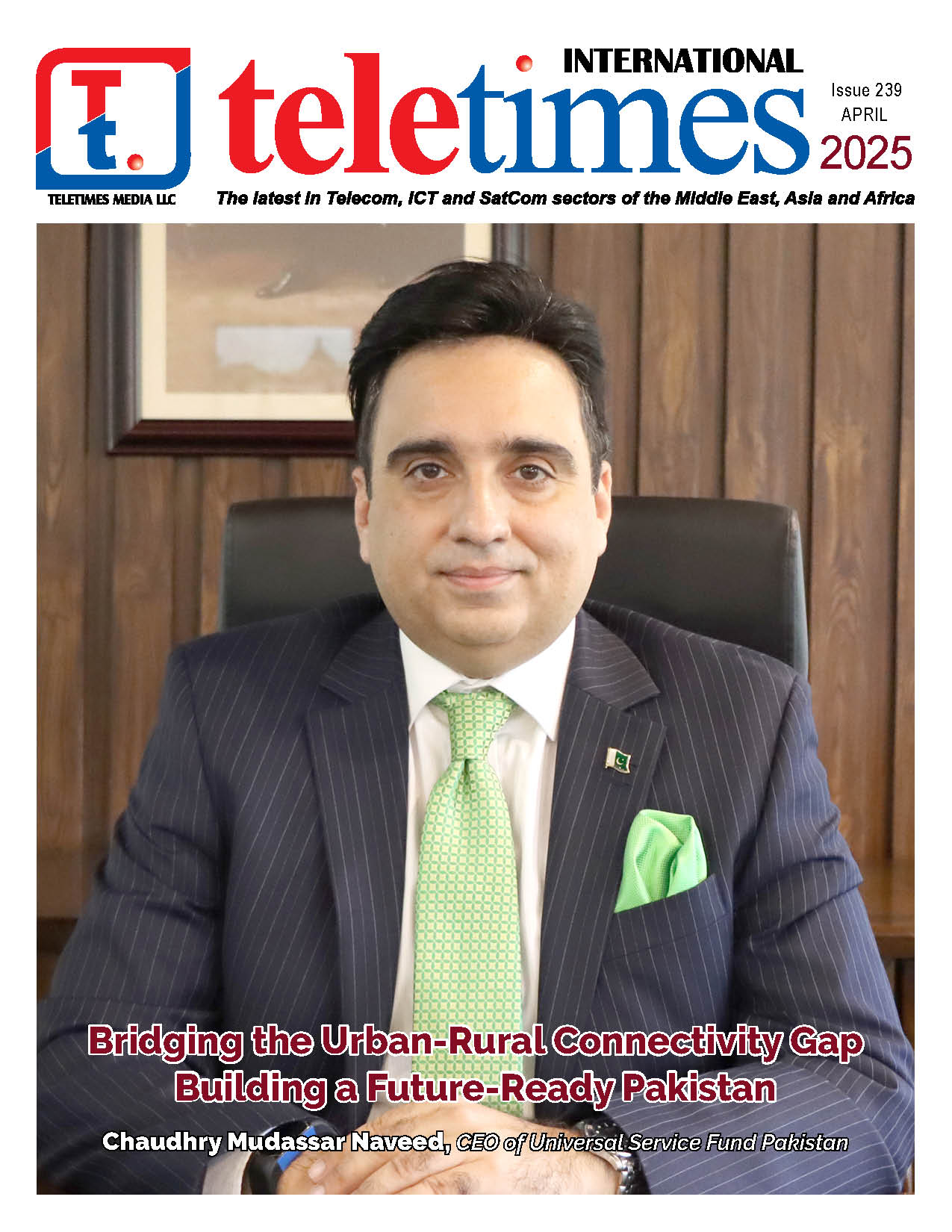 Mobile network operators and their customers in some of the world’s most congested cities for wireless broadband could see lost calls, data interruptions and variable connectivity become a thing of the past following the deployment, by Alcatel-Lucent (Euronext Paris and NYSE: ALU), of a new technology – Metro Cell Express – in railway stations, shopping malls and sports stadiums.
Mobile network operators and their customers in some of the world’s most congested cities for wireless broadband could see lost calls, data interruptions and variable connectivity become a thing of the past following the deployment, by Alcatel-Lucent (Euronext Paris and NYSE: ALU), of a new technology – Metro Cell Express – in railway stations, shopping malls and sports stadiums.
Alcatel-Lucent is planning to offer a breakthrough system to network operators combining its award-winning lightRadio metro portfolio; its global number one position in small cell deployments; its installation experience in tough cities like New York, Paris and Shanghai; and its leadership position in fixed line and backhaul networks.
A Metro network of small cells, utilising Alcatel-Lucent’s proven lightRadio™ system, promises to ease network congestion problems in “hotspots” for customers who want to use latest HD Camera phones, tablets and other wireless devices to upload an photo of a sports match to facebook, or download a film to watch on a commute.
Under the proposed deployment, Alcatel-Lucent would assume the challenges of building networks in these tough urban environments. Operation of the Metro network would be transferred to network providers only once the Metro network has been installed, fully integrated, and shown to be delivering the technical performance required to ensure that customers are delighted with their wireless service.
This ‘Build, Operations Assist, and Transfer’ (B-O-T) solution is the first time a managed services has been developed and offered specifically for Metro Cell Networks. It combines the best of Bell Labs innovation, with Alcatel-Lucent’s proven deployment experience in the field.
Interest in such networks is expected to increase amid Alcatel-Lucent forecasts that demands on networks could increase by 25 times in the next 5 years and as customer adoption of broadband-capable devices continues to rise. This poses a risk that the wireless experience will decline and eventually become unusable in hotspots unless operators accelerate towards a much denser type of wireless metro network.
Metro networks are a fairly recent concept, and pose significant potential operational risks and costs for operators. They require huge numbers of small wireless radios to be mounted in unfamiliar locations like lampposts; they demand high availability to power supply and quality fixed-line connections for backhaul; they raise potential new regulatory and municipal concerns; and citizens must be persuaded to accept a large number of unfamiliar devices in their domestic or work environment.
Caroline Gabriel of Rethink Research said: “Many operators are now starting to plan in earnest for large scale metro cell deployments. They recognize that these networks need to do more than just boost capacity overall – to deliver business objectives, that capacity needs to be carefully targeted and flexibly managed. The complexities are far greater than in the macro cell market, with many issues to consider, such as site acquisition, interference, regulations, backhaul and cost. All these need to be addressed holistically to determine the best architecture for a particular operator’s business case. With its experience in every aspect of the wireless and fixed network, Alcatel-Lucent’s lightRadio Metro Cell Express solution pools all its expertise into a holistic solution that looks far beyond the complexity of the radio, to focus on real world operational challenges that operators will soon be facing in the field.”
Mike Schabel Vice President of Alcatel-Lucent’s Wireless lightRadio Metro said: “Alcatel-Lucent’s lightRadio Metro Cell Express solution uses our wealth of expertise to take the pain out of building metro networks for operators, and more importantly, to enable customers to enjoy the benefits of real mobile broadband anytime, anywhere with consistently high quality. Our solution will bring massive capacity to urban environments, but is also highly applicable for delivering coverage in rural locations as well. We see this as a real game changer for operators.”
April 26, 2025











